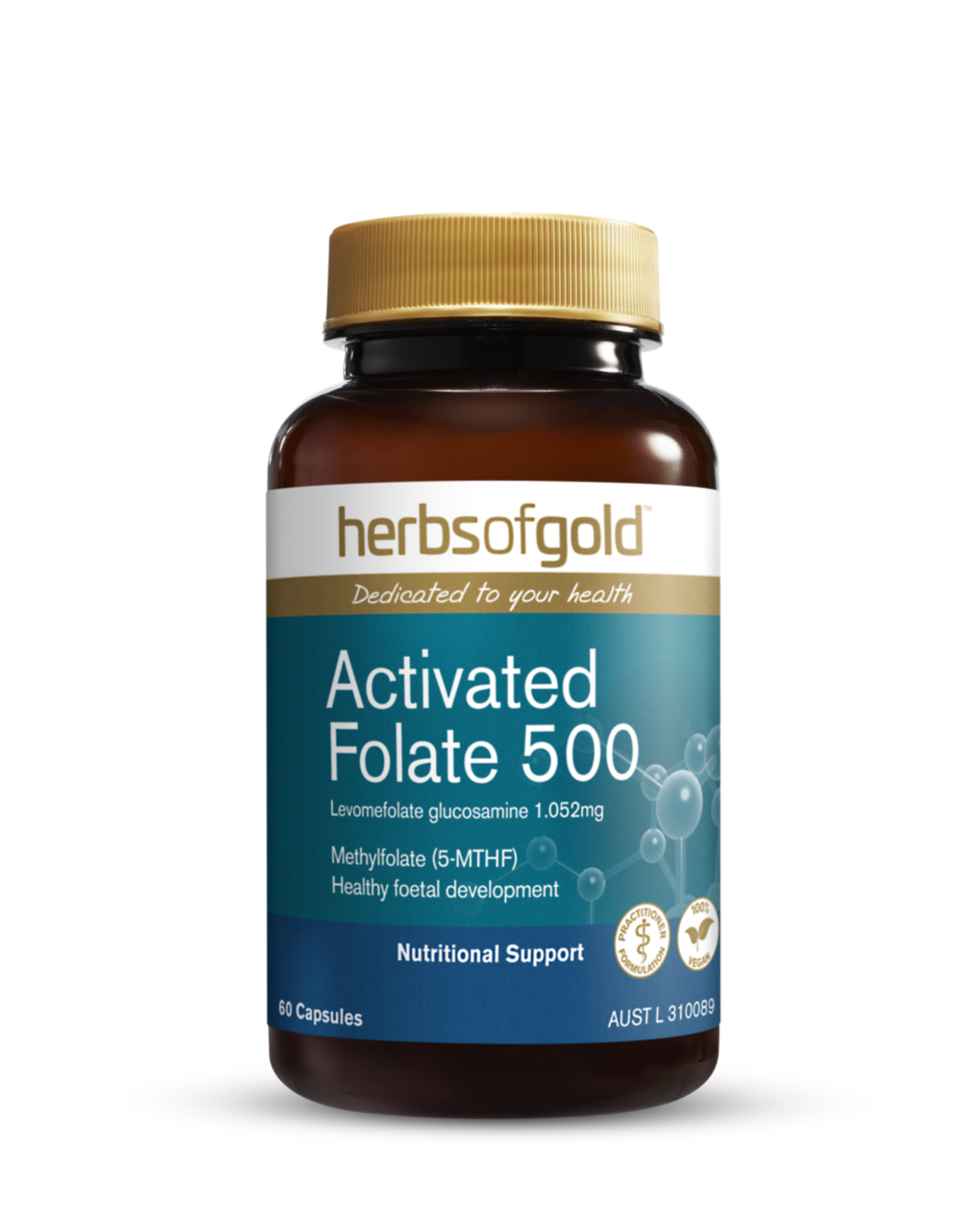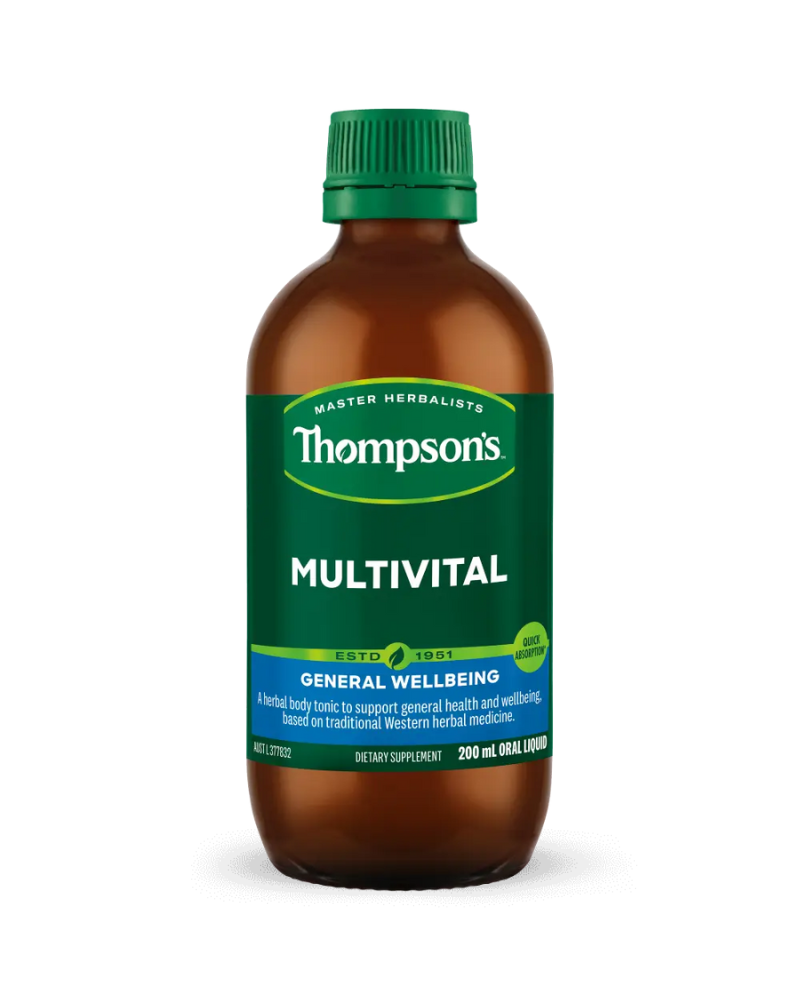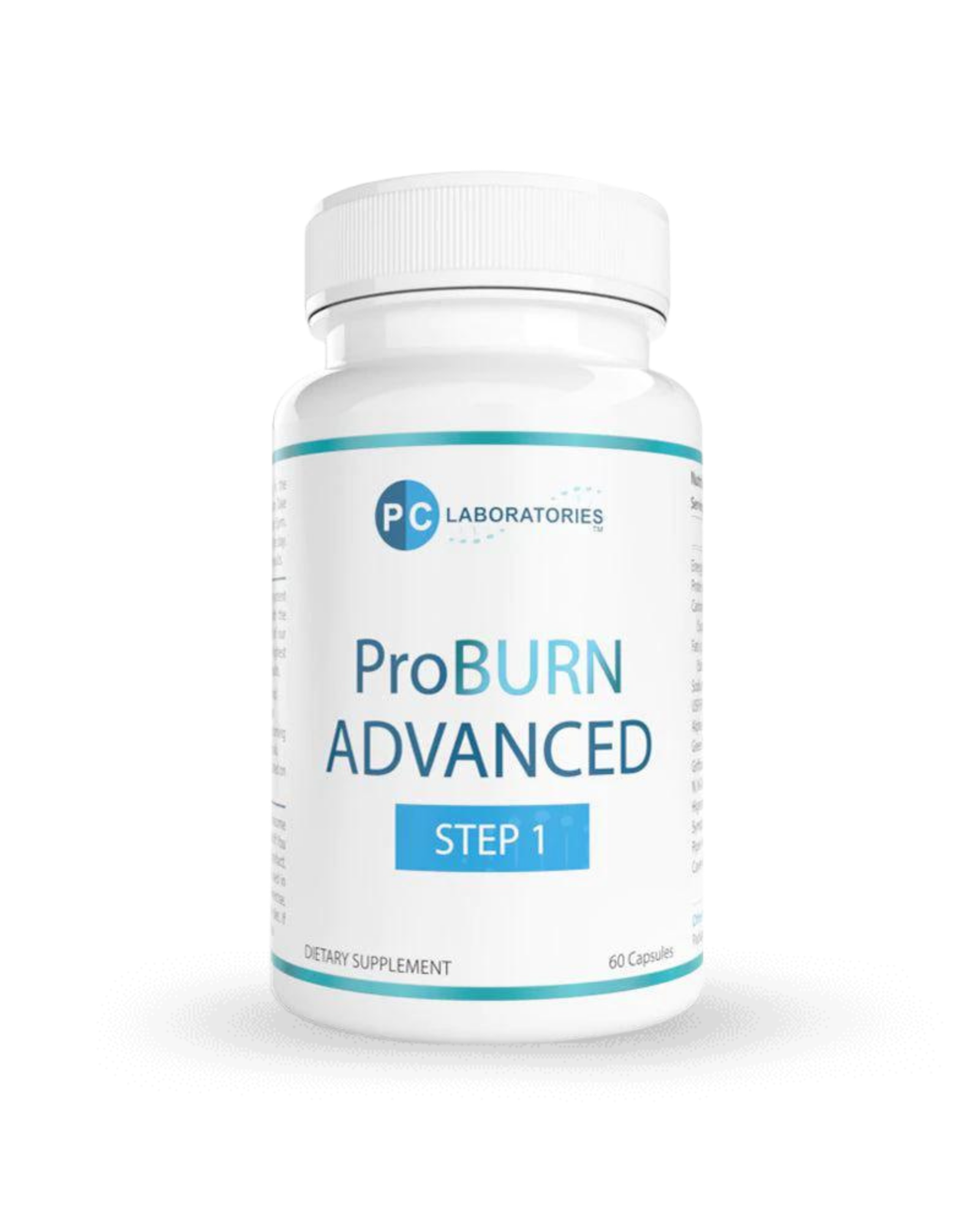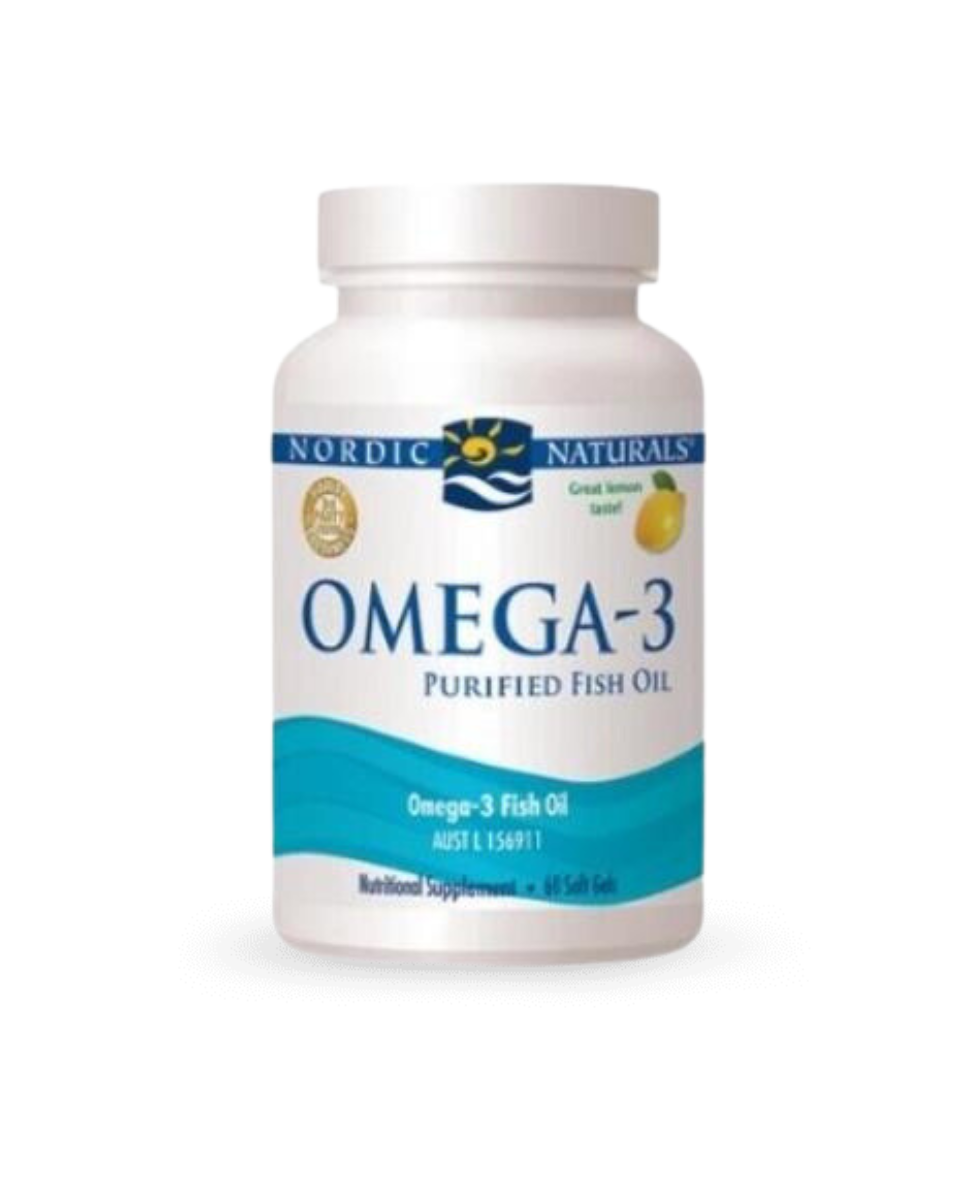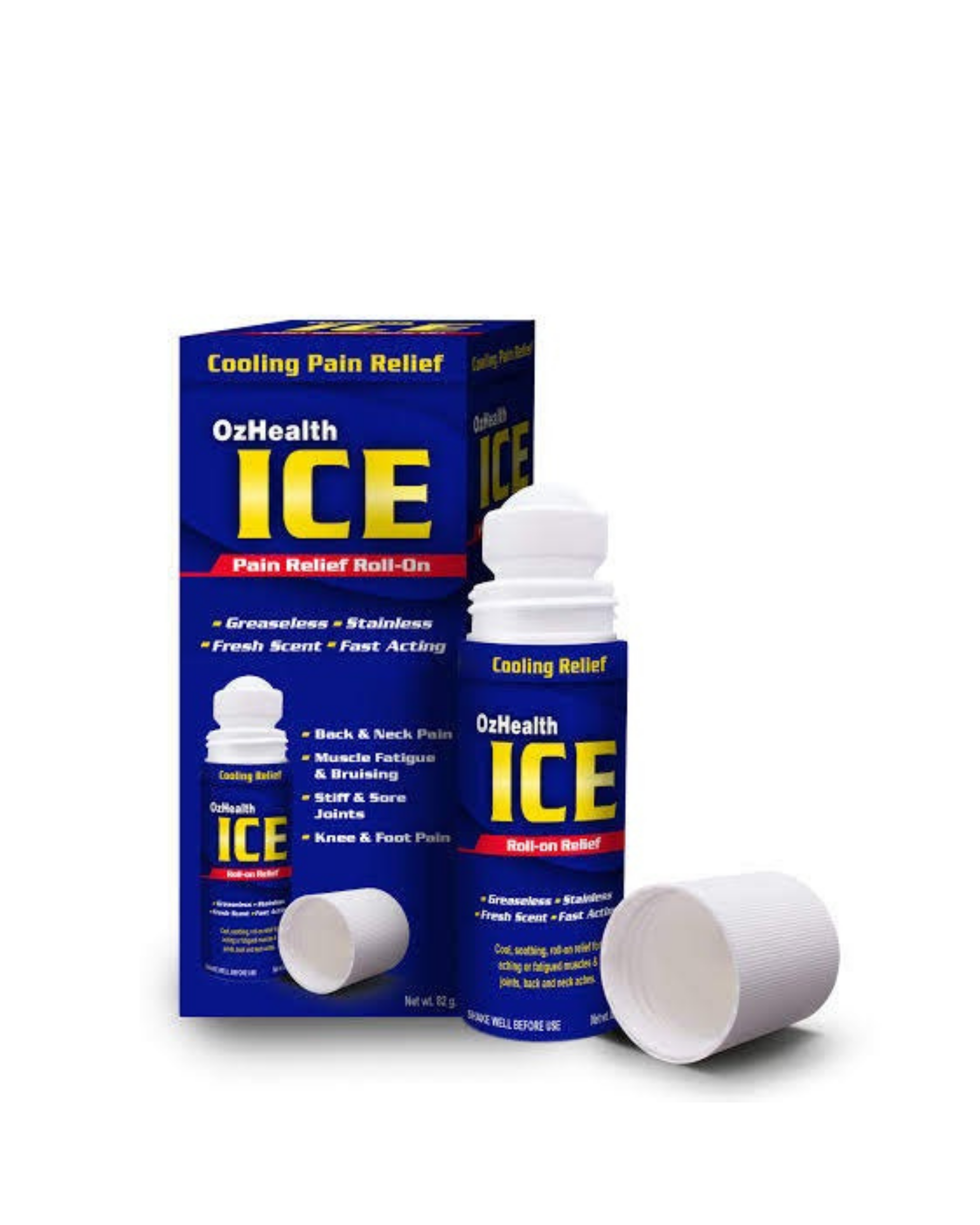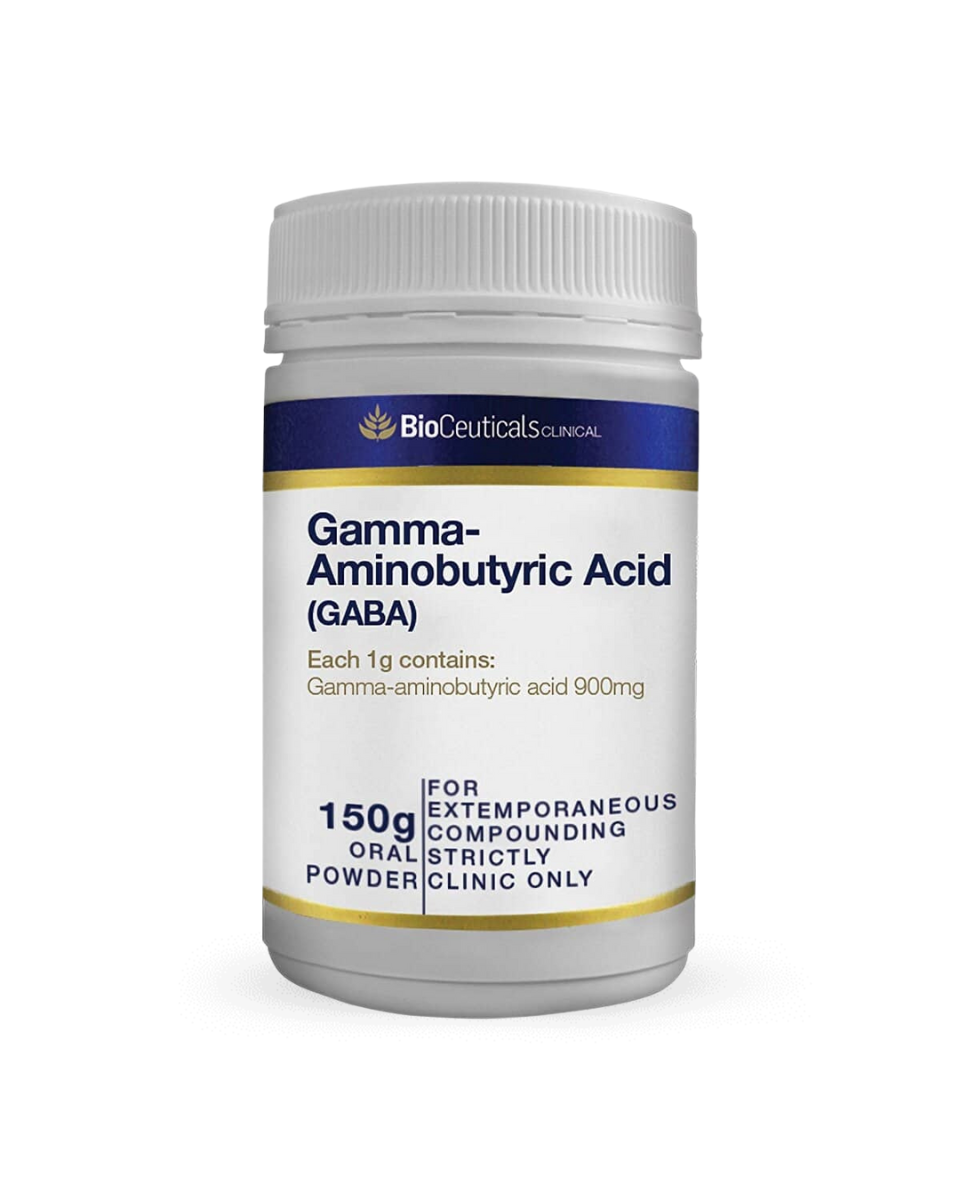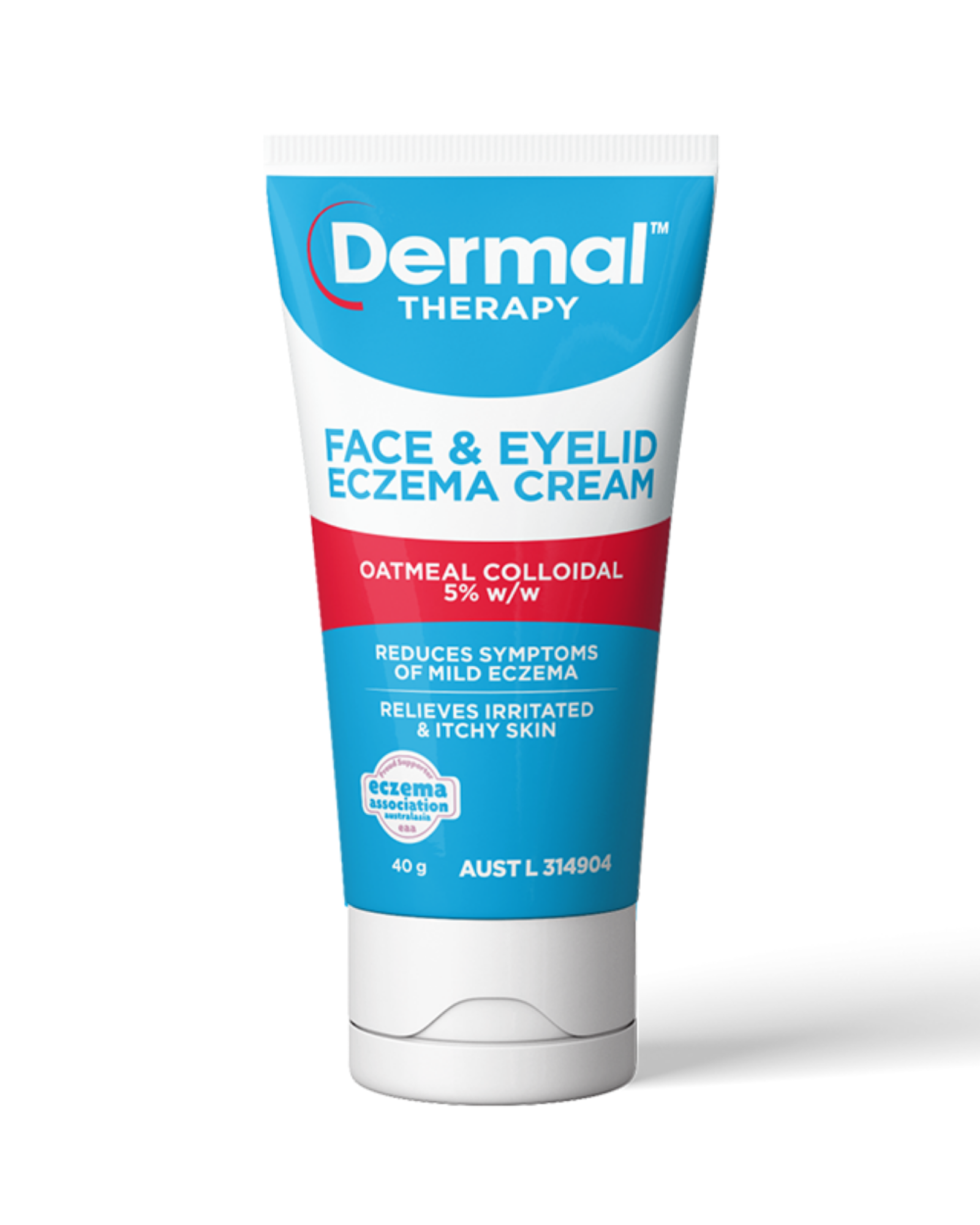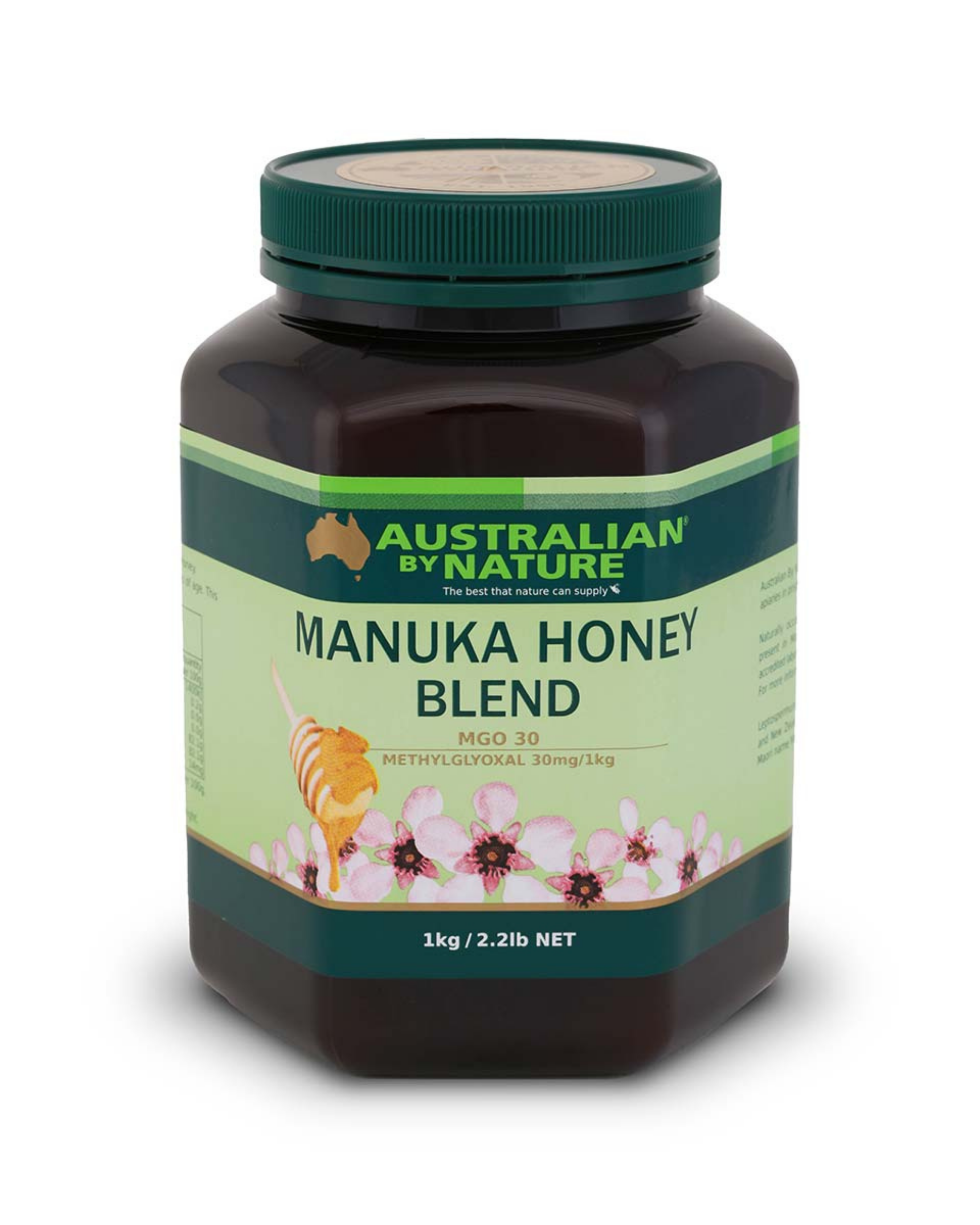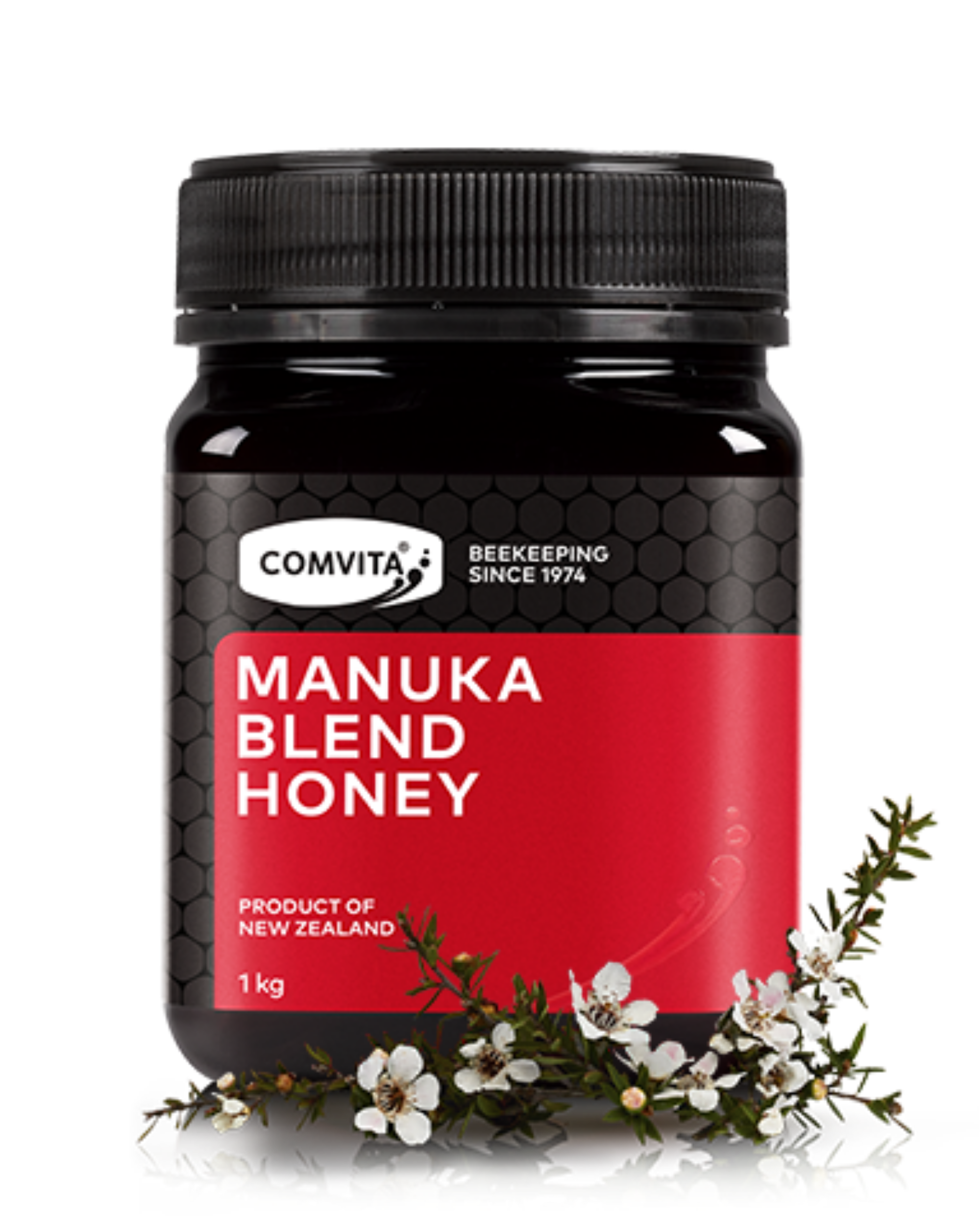Understanding Copper Deficiency: Causes, Symptoms, and Prevention

Copper deficiency is a rare but important condition to be aware of. It occurs when the intake of copper is insufficient to meet the body's needs, leading to various health issues.
Causes of Copper Deficiency
- Inadequate Dietary Intake: Not consuming enough copper-rich foods can lead to deficiency, especially in diets with limited variety.
- Malabsorption: Certain gastrointestinal diseases or surgeries can impair the body's ability to absorb copper.
- Excessive Zinc Intake: High levels of zinc can interfere with copper absorption.
- Genetic Disorders: Conditions like Menkes disease affect copper levels in the body.
Symptoms of Copper Deficiency
The symptoms of copper deficiency can be subtle and vary, but common signs include:
- Anaemia resistant to iron therapy
- Neutropenia (low white blood cell count)
- Osteoporosis and weakened bones
- Problems with nervous system function
- Pale skin and hair
- Fatigue and weakness
- Frequent sickness due to weakened immune system
Health Implications
If left untreated, copper deficiency can lead to severe health problems, including neurological issues and compromised immune function. In children, severe deficiency can affect growth and brain development.
Diagnosis and Treatment
Copper deficiency is diagnosed through blood tests that measure copper and ceruloplasmin levels. Treatment typically involves copper supplementation and addressing the underlying causes. It's crucial to approach treatment under medical supervision, as improper supplementation can lead to toxicity.
Prevention
To prevent copper deficiency, it's important to consume a balanced diet that includes copper-rich foods. People with conditions affecting copper absorption should work with healthcare providers to monitor their copper levels and make dietary adjustments as needed.
Conclusion:
Copper deficiency, though rare, can have significant impacts on health. Understanding the causes and symptoms is key to early detection and treatment. Eating a balanced diet rich in copper-rich foods is the best way to prevent this deficiency. Always consult healthcare professionals for advice tailored to your individual health needs.
Disclaimer:
The information in this article is for educational purposes only and is not intended as medical advice. Please consult a healthcare professional for personalized health recommendations, especially if you have concerns about copper deficiency or your dietary intake.
References:
- National Institutes of Health, Office of Dietary Supplements. "Copper: Fact Sheet for Health Professionals."
- World Health Organization. "Trace Elements in Human Nutrition and Health."
- The American Journal of Clinical Nutrition. "Copper Deficiency and Toxicity: Clinical Implications and Management."
- The Linus Pauling Institute. "Micronutrient Information Center: Copper."
- The Journal of Nutrition. "Copper Deficiency, Dietary and Health Implications."
- The European Food Safety Authority. "Dietary Reference Values for Copper."





